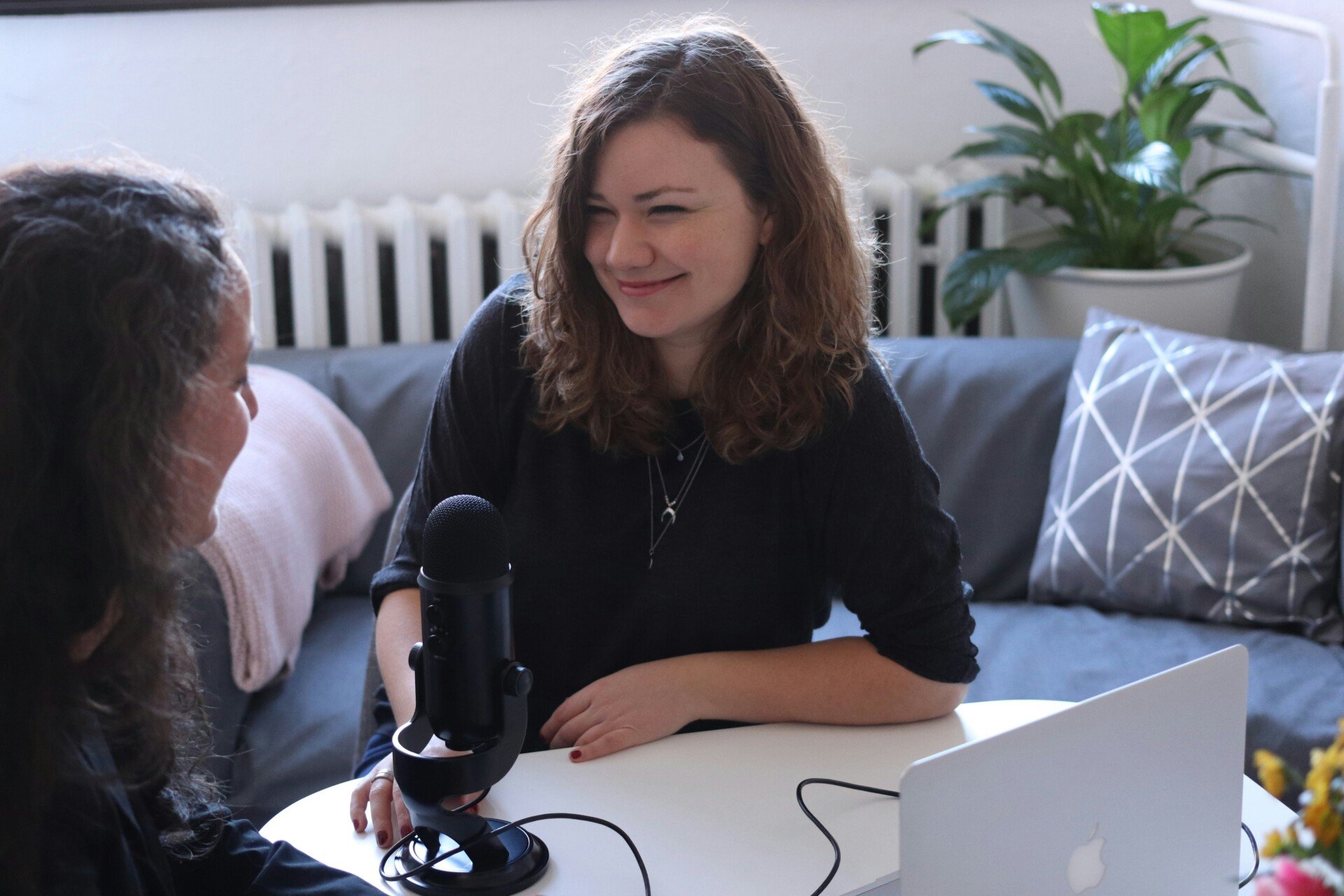Becoming a journalist in Italy It is a fascinating and challenging path, which requires dedication, passion and a good dose of resilience. Despite the challenges, there are real opportunities for those who wish to pursue this career and alternatives to journalism schools. Furthermore, in 2023, the Order unanimously approved a document containing proposals for reforming the profession, which could reach Parliament in the coming months and simplify the procedures for registering in the register, currently divided into two main lists: professionals and publicists.
Becoming a journalist: the reference legislation
In accordance with art. 1 law n. 69/1963, “A professional journalist is someone who exercises the profession exclusively and continuously, a freelance journalist is someone who exercises a non-occasional and paid journalistic activity even if he exercises other professions or jobs”Understanding this first big difference is helpful in defining what type of career you want to pursue.
You too can rediscover the pleasure of staying informed!
Your support helps protect our independence so we can continue to produce quality journalism that is open to all.
Support us
Currently, the official website of the Journalists Association reports that “become a professional journalist you must pass the professional aptitude exam after completing 18 months of training”.
Instead, register on the list of publicist journalists, “it is necessary to collaborate with one or more newspapers regularly registered in the press register (with the competent court) and which have as their general manager a professional journalist or an independent journalist”The collaboration must be paid and continuous for 24 months.
Recognized journalism schools: fees and scholarships
Currently, To become a professional journalist in Italy, there are journalism schools recognized by the Order of Journalists with two-year training courses combining theory and practice, which also include an internship period in the educational program. At the end of the two years, students can apply for the state examination, consisting of an oral test and a written test, to become professional journalists.
In Italy There are currently 11 journalism schools recognized by the Journalists Association.distributed between the north (three in Milan, one in Turin and one in Bologna), the centre (two in Rome, one in Perugia and one in Urbino) and the south (Bari and Naples), slightly down compared to 2019, when the list also included that of Salerno, where fewer and fewer candidates have stood in recent years.
For the current two-year period, in the north, the cheapest line is Bologna (€12,000), followed by Turin (€13,000). In Milan, they range from €14,000 for Walter Tobagi, to €19,000 for Iulm, passing through €17,200 for Cattolica. In central and southern Italy, costs vary from €12,000 in Urbino, €16,000 in Perugia and Naples, up to around €20,000 in Luiss and Lumsa in Rome. Bari remains the cheapest in absolute terms, with a cost of €8,000 for the two-year period.
All schools require that the application for admission be accompanied by the payment of 150 euros for investigation and secretarial fees, as well as the payment of 50 euros for the admission tests.
Scholarships are awarded equal to 15% of the total amount paid by students. However, the costs of schools, which do not always guarantee success in the world of work, remain high. Food and accommodation costs are also added to the fees.
Applications for admission to these schools are decreasing more and more and some schools have had few students in recent years compared to the places advertised. In fact, in many cases, application deadlines have been extended or reopened during the two-year period.
All this could be interpreted as a sign of a decrease in interest in becoming a professional journalist, also thanks to new training opportunities born thanks to the web.
Alternatives to journalism schools
More and more journalists are deciding to pursue a career in journalism. According to the latest survey by the Communications Authority (AGCOM), 112,397 journalists are registered with the Order. More than 67% are publicists (in 1975, they represented approximately 48% of members).
Becoming a freelance journalist in Italy does not require a passage through a recognized journalism school. There are specialized training courses, of shorter duration and at a lower cost, which offer high-level training in specific sectors, such as the constructive journalism academy, which also includes courses in digital journalism, data journalism and many others.
It is essential, during the training period, to carry out a paid and continuous journalistic activity, which is today the only real condition to be able to apply for registration with the Order of Journalists at the end of the two-year period. Thus, even if it is not yet completely mandatory, training remains crucial: learning to write clear, effective and engaging articles and to check sources is essential for quality journalism.
Innovations envisaged by the reform proposal
In June 2023, the National Council of the Order unanimously approved a document containing proposals for reforming the professional system, without neglecting the revision of the access procedures.
The document shows that aspiring publicist journalists will need to have a three-year degree, which is not required today, to begin the two-year pre-registration activity, and during these two years it will be necessary to take a training course.
A master's degree in journalism will be created for professionals. Alternatively, a three-year degree will be required to access specialized courses controlled and supervised by the Order. Professionals too, probably they will no longer be obliged to carry out journalistic activity on an “exclusive” basisThey will be able to exercise it in a “systematic, continuous and generalized” manner.
Until the reform comes into force, all currently operational access methods remain valid.



